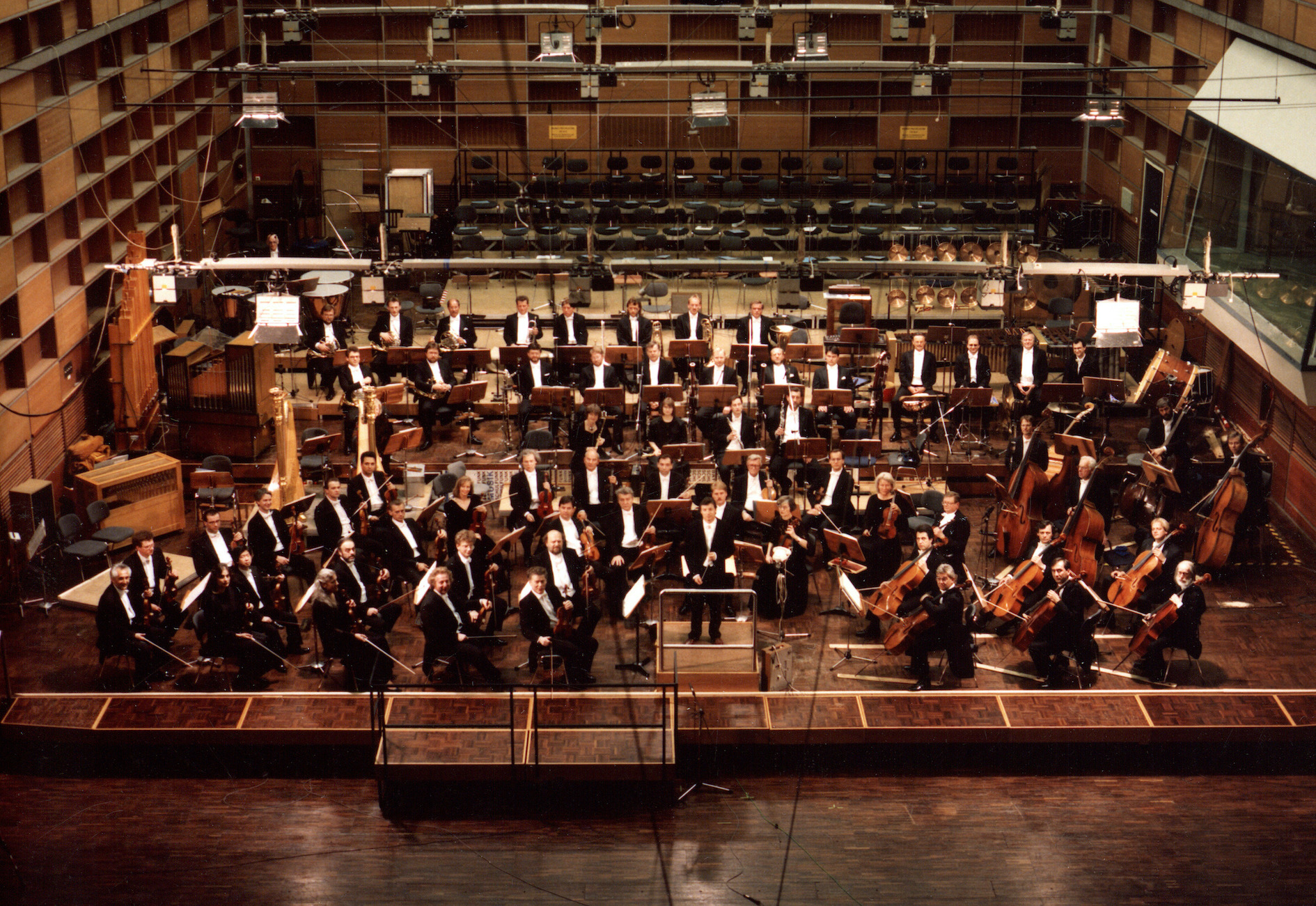Almost thirty years after the studio recordings, BR-KLASSIK releases the orchestra version of the 21 Hungarian Dances performed by the Abbiati Prize-winning conductor and the Münchner Rundfunkorchester
The album is available from today, 2 May, in stores and on streaming platforms
The charm of the folk melodies that Johannes Brahms collected under the title of Hungarian Dances is the protagonist of a new album released by BR-KLASSIK. The label, almost thirty years after the studio recording with the Münchner Rundfunkorchester in 1996, is publishing the orchestral version of Brahms’ 21 Hungarian Dances conducted by Roberto Abbado, then Principal Conductor of the German ensemble. The album is available from today, 2 May, in stores and digital platforms for streaming and download. In addition to the original orchestral arrangements written by Brahms for dances No. 1, 3, and 10, the album includes orchestrations written by Antonín Dvořák, Andreas Hallén, Paul Juon, Albert Parlow, Martin Schmeling, and Hans Gál.
Combining folk song melodies with some of his own invention, Brahms initially wrote the Hungarian Dances for piano four hands after becoming acquainted with the so-called ‘Hungarian’ or ‘Gypsy’ musical tradition in 1853 through violin player Eduard Reményi. The first ten dances were published in 1869, while the other ones only in 1880. A few years later, Brahms presented an orchestral version of dances No. 1, 3, and 10 in Leipzig. Extremely popular since their debut, the 21 Hungarian Dances contributed significantly to Brahm’s fame, also inspiring numerous musicians – like Dvořák, Hallén e Parlow – to create their own personal arrangements.
Recently appointed Music Director of the Korean National Symphony Orchestra, starting January 2026, Roberto Abbado is currently leading the Philharmonic Orchestra of the Teatro Comunale di Bologna. From 1991 to 1998, he was Principal Conductor of the Münchner Rundfunkorchester. An Abbiati Prize winner, he has conducted numerous world premieres and new opera productions in the most prestigious theatres, including La Scala in Milan, the Wiener Staatsoper, the Bayerische Staatsoper in Munich, the Opéra National de Paris, and the Metropolitan Opera in New York City. Some of his recordings with Munich’s Rundfunkorchester include Bellini’s I Capuleti e i Montecchi, nominated Best Recording of the Year by BBC Magazine in 1999, Rossini’s Tancredi, awarded the Echo Klassik German Record Award in 1997, Donizetti’s Don Pasquale, and Puccini’s Turandot.
Founded in 1952, Münchner Rundfunkorchester boasts a wide discography and is committed to bringing back to life forgotten works. With a repertoire ranging from opera to operetta, from classical to contemporary sacred music, to film scores, the orchestra has performed in prestigious venues like Baden-Baden’s Festspielhaus, Vienna’s Musikverein, and the Salzburg Festival. Recently, the orchestra has collaborated with artists like Diana Damrau, Elīna Garanča, Plácido Domingo, Mischa Maisky, and Khatia Buniatishvili. Its Principal Conductor since 2017 is Ivan Repušić.
Photo credits: Roberto Abbado with the Münchner Rundfunkorchester ©BR Foto Sessner





TAGS: